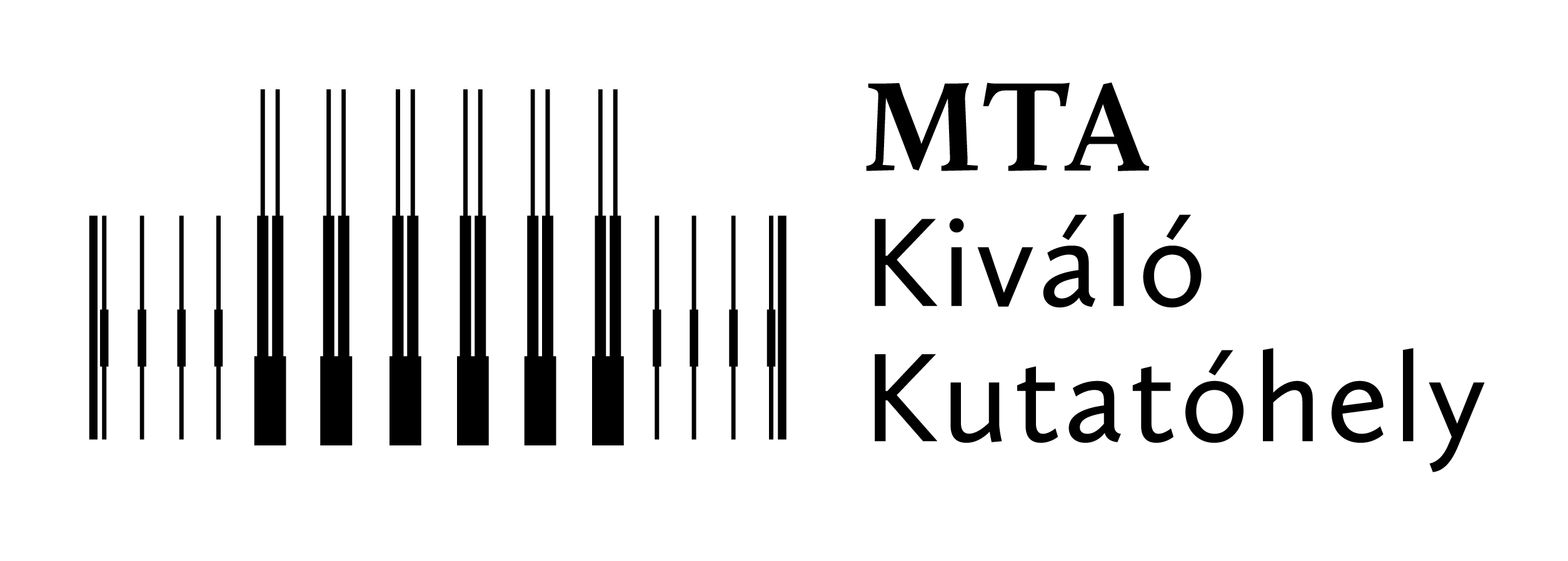New study of our colleague, Réka Geambasu, and her co-authors published in Sage Journals, European Journal of Women’s Studies: ‘What happened to my time during the COVID-19 lockdown? Parents’ subversive temporal regime strategies and their potential beyond the pandemic’.
The COVID-19 pandemic prompted individuals to devise new temporal strategies in various spheres of their lives as a result of the spatial regulations imposed during the first lockdown. The authors apply Lisa Suckert’s theoretical model of ‘the capitalist time regime’ in the analysis of 68 interviews with parents of schoolchildren in seven European countries conducted during the first COVID-19 lockdown in spring 2020. They examine actors’ agency and capability to govern time during the pandemic and the extent to which disruption enables subversion of the temporal regime and its five features: measurement and commodification of time, temporal expansionism, acceleration, appropriation of the future, with the special emphasis on unequal temporal autonomy of actors. Expanding on Dale Southerton’s analysis of the role of gender in temporal autonomy, they also look at the participants’ positions at the intersections of gender, age of children, profession, economic situation, and the use of the welfare system. Finally, the researchers contextualise participants’ creative challenges to the unequal temporal autonomy within Barbara Hobson’s approach to capabilities and achievements. The results show that participants creatively negotiated time under lockdown spatial conditions, thus producing new socio-temporal conditions that suited them and their families. The authors identified shift work in family arrangements, time for oneself and increased efficiency due to enhanced autonomy as the key creative subversive strategies addressing unequal temporal autonomy of actors with regard to gender and also other axes of disadvantage.
The paper is available online at the website of the publisher, Sage Journals.


